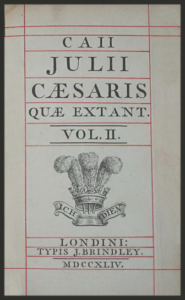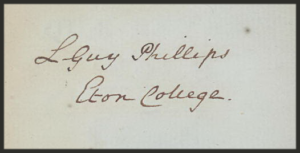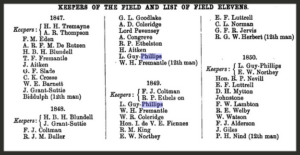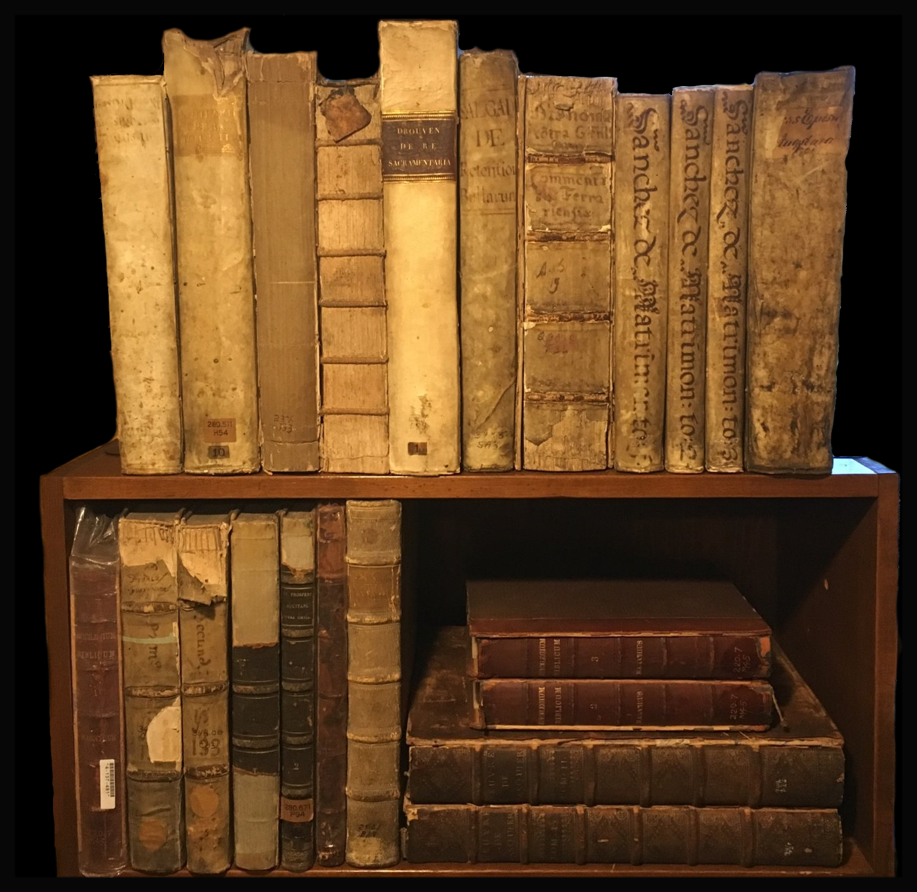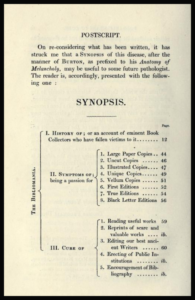In researching one of our recent acquisitions I found an interesting story of the entanglement of the American Revolution, French arms dealers and the court of Marie Antoinette. The document is Démonstration de l’innocence des sieurs de Bellegarde & de Montieu published in 1773 which can be roughly translated as a “Demonstration of the innocence of Misters Bellegarde & Monthieu”.
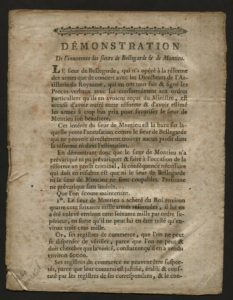
Des sieurs de Bellegarde & de Montieu
In 1765 an industrial arms faction, the Gribeauvalists, were placed in charge the French artillery services for the French War Office. As a part of the centralization of this service, Louis-Alexander Cassier de Bellegarde took over control of the company. In addition to being ambitious and intelligent he was an excellent metallurgist and had just completed the design of a new musket. By 1772, after changes in the ruling parties of France other arms factions replaced the Gribeauvalists. In his new capacity, as the inspector for the office, Bellegarde was given the assignment to:
…comb through the kingdom’s stockpile of arms, setting aside good muskets, selling those repairable for shipment abroad at 25 sols each, and disposing of the rest for scrap at 10 sols each. 1
In the next four years Bellegarde rejected some 472,000 muskets as defective which proved to be a major percentage of the national arms. The buyer of these rejected muskets was Carrier de Monthieu. These were turbulant years in France, thus, after another change in government, factions changed again. Always trying to strengthen their position the new faction, the Vallierists, initiated an investigation of the previous regime. It was found that these rejected arms had been sold back to the monarch as new and with an extravagant markup. Moreover, it was brought to light that Bellegarde and Monthieu were brothers-in-law through a secret marriage and both were beneficiaries of this sole source deal. During the trial, recounted in our document, the defense argued that Bellegarde and Monthieu were actually providing a cost-savings measure. The prosecutor responded that it was:
…better to sell defective weapons for scrap, and ship substandard guns to slave traders and American rebels. 2
Both men were convicted!
Now here is where the fun begins and there we find out that there is more to the story.
In her account of the Secret Memoirs of the court of Marie Antoinette, Madam Campan tells us how this trial reached into the Court of Louis XVI. Mme. Campan notes that:
The direct influence of the Queen on affairs during the earlier years of the reign was shown only in her exertions to obtain from the King a revision of the decrees in two celebrated causes. 3
It is clear that Mme. Campan was careful to give the most positive account of Marie Antoinette and it is hard to believe that she did not ask for the King’s action on any number of issues. For our narrative we are considering only Marie Antoinette’s first supplication to the King, that of Des sieurs de Bellegarde & de Montieu. Here is what Mme. Campan records:
If the King had not inspired the Queen with a lively feeling of love, it is quite certain that she yielded him respect and affection for the goodness of his disposition and the equity of which he gave so many proofs throughout his reign. One evening she returned very late; she came out of the King’s closet, and said to M. de Misery and myself, drying her eyes, which were filled with tears, “You see me weeping, but do not be uneasy at it: these are the sweetest tears that a wife can shed; they are caused by the impression which the justice and goodness of the King have made upon me; he has just complied with my request for a revision of the proceedings against Messieurs de Bellegarde and de Monthieu, victims of the Duc d’Aiguillon’s hatred to the Duc de Choiseul. He has been equally just to the Duc de Guines in his affair with Tort. It is a happy thing for a queen to be able to admire and esteem him who has admitted her to a participation of his throne; and as to you, I congratulate you upon your having to live under the sceptre of so virtuous a sovereign.” 4
Despite her request the King did not pardon them. The trial received another hearing and proceeded on its course. Mme. Campan provides some detail about the case and to the underlying reasons the the king could not act more firmly.
An incessant underhand war was carried on between the friends and partisans of M. de Choiseul, who were called the Austrians, and those who sided with Messieurs d’Aiguillon, de Maurepas, and de Vergennes, who, for the same reason, kept up the intrigues carried on at Court and in Paris against the Queen. Marie Antoinette, on her part, supported those who had suffered in this political quarrel, and it was this feeling which led her to ask for a revision of the proceedings against Messieurs de Bellegarde and de Monthieu. The first, a colonel and inspector of artillery, and the second, proprietor of a foundry at St. Etienne, were, under the Ministry of the Duc d’Aiguillon, condemned to imprisonment for twenty years and a day for having withdrawn from the arsenals of France, by order of the Duc de Choiseul, a vast number of muskets, as being of no value except as old iron, while in point of fact the greater part of those muskets were immediately embarked and sold to the Americans. It appears that the Duc de Choiseul imparted to the Queen, as grounds of defense for the accused, the political views which led him to authorize that reduction and sale in the manner in which it had been executed. It rendered the case of Messieurs de Bellegarde and de Monthieu more unfavorable that the artillery officer who made the reduction in the capacity of inspector was, through a clandestine marriage, brother-in-law of the owner of the foundry, the purchaser of the rejected arms. The innocence of the two prisoners was, nevertheless, made apparent; and they came to Versailles with their wives and children to throw themselves at the feet of their benefactress. 5
I always find it fascinating the twists and turns that a simple story takes, the discrepancies between the various recitations of the story, and the interrelationships we find within our collection.
DLWA Call Number: DC151 .A58 1997
Worldcat: Link
- Title: Engineering the Revolution : arms and Enlightenment in France, 1763-1815
- Arthur: Ken Alder
- Language: English
- Setting: French Industry
DLWA Call Number:
Worldcat: Link
- Title: Démonstration de l’innocence des sieurs de Bellegarde & de Montieu
- Author: Lochard, & Valleyre
- Language: French
- Setting: Trials
DLWA Call Number: DC137.1 C223 1900
Worldcat: Link
- Title: Memoirs of the court of Marie Antoinette, queen of France; with sketches and anecdotes of her private life
- Arthur: Mme Campan
- Language: English
- Setting: Biography
- Alder, K., 1997. Engineering the Revolution : arms and Enlightenment in France, 1763-1815 p. 189.
- ibid. pp. 189-190
- Campan, 1900. Secret memoirs of the court of Marie Antoinette, Queen of France : with sketches and anecdotes of her private life p.291
- op cit. p. 293-294
- op cit. p. 293-294
–DLW

